One option for funding higher education expenses is using private student loans. About 7.3% of all student loan debt in the US comes from private loan borrowing.
Many students rely on private student loans to cover the ever rising costs of higher education, including classes, fees, and living expenses, and many mitigation options available to federal student loan borrowers are not available to borrowers of private student loans. So, if you are looking for some student loan advice, you’ve come to the right place. Keep reading to learn more about federal and private student loans and how you may be able to discharge a private student loan in a situation where a an identical federal student loan would not be discharged.
What Is a Private Student Loan?
Loans used exclusively for “qualified higher education expenses” are student loans and differ from personal loans used for other purposes such as debt consolidation. Private student loans are those that are granted by financial institutions, like banks and other private businesses, and are not issued or guaranteed by the federal government.
“Qualified higher education expenses” include payments for tuition, housing, food, books, technology, supplies, and even transportation. Many students take out a combination of federal and private student loans to cover these expenses as well as non-Qualified higher education expenses.
When Can Student Loans Be Discharged?
The U.S. Bankruptcy Code excepts three categories of student loans from discharge:
- Federal and nonprofit loans and benefit overpayments, whether they are fully or partially made, insured, or guaranteed by the feds or a not-for-profit entity;
- Any obligation to repay an educational benefit, stipend, or scholarship; and
- Any other loan that is a “qualified education loan.”
Discharge Requirements for Federal and Non-Profit Student Loans
Only those debtors who file an adversary proceeding and prove that repayment of the federal or non-profit student loan would cause them “undue hardship” will be granted discharge. In the Southern District of Florida, bankruptcy courts apply the Brunner Test to determine if an undue hardship exists. To satisfy the Brunner Test, a debtor must prove:
- They have made a good faith effort to repay the student loan;
- That they cannot repay the debt while maintaining a minimal standard of living for themselves or their dependents; and
- Their inability to repay the student loan while maintaining a minimal standard of living is likely to persist for a majority of the repayment period of the loan.
Additional Avenues for Discharge of Private Student Loans

A debtor is not required to prove undue hardship to discharge a private student loans if the private student loan is not a “qualified education loan.” Bankruptcy courts have found that a private student loan is not a qualified education loan if:
- The student borrower was enrolled in fewer classes than what is considered a half-load at the time the loan was made;
- The loan amount was higher than the qualified education expenses the student was incurring at the time of the loan;
- The borrower wasn’t a US citizen at the time of application for the private student loan; and
- The institution that received the student loan proceeds was not an accredited institution such as a trade or culinary school.
Does Bankruptcy Discharge Student Loans?
In most cases, no. Proving undue hardship is difficult and expensive. BUT, as noted above, private student loans can be discharged in many instances where an identical federal or non-profit student loan could not. If you have private student loans, consider whether you meet any of the four criteria noted above, and call 305.278.0811 to schedule your free consultation.
Call Miami Bankruptcy When In Need of Student Loans Advice
Dichargeability of student loans is an ever-changing landscape. New cases are decided all the time that can change when, and under what circumstances, student loans can be discharged in bankruptcy. At Miami Bankruptcy, each client gets individually tailored student loan advice and advice on all other types of debts, as well as their options inside and outside of bankruptcy.
With Mr. Schwitalla’s 31 years of experience as a bankruptcy attorney, he and his team will provide you support through a comprehensive analysis of your financial situation, a presentation to you of all your legal options, and the answering of all of your questions. Contact us today, and let’s start the journey toward your fresh start!
